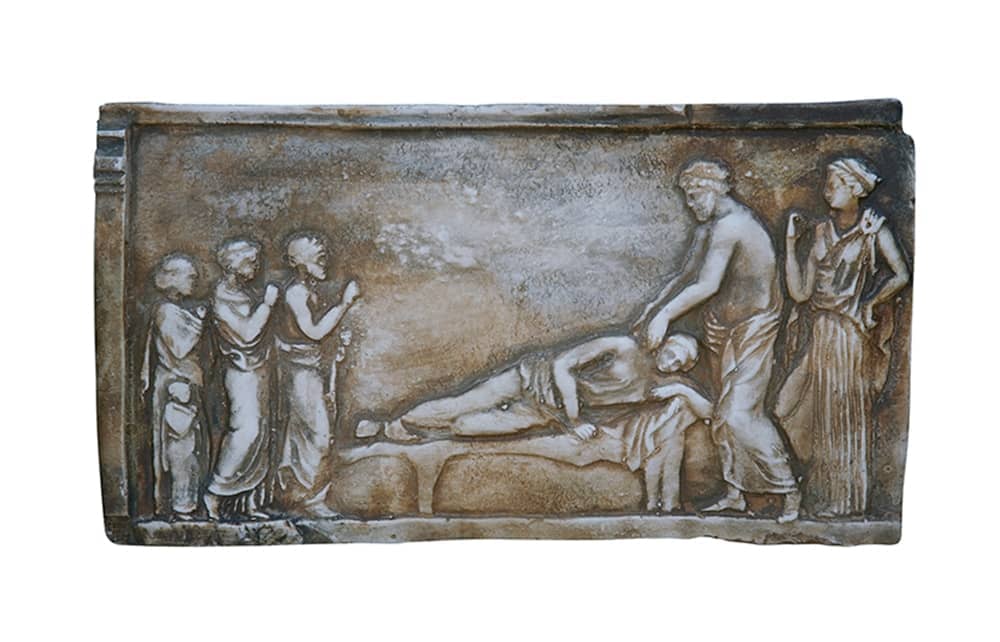Medical problems come and go in the media, and at the moment the flavour of the month appears to be gout (from Latin gutta, a ‘drop’, seeping into a joint).
For the Greek doctor Hippocrates, gout (Greek podagra, ‘foot-trap’) was the ‘fiercest, longest and most tenacious of all joint diseases’. But since the ancients did not know that excess uric acid, a natural product of the body, was its cause, their remedies were futile. Pliny the Elder claimed that wet seaweed was the answer. Scribonius Largus was at least original, the first to suggest electrification for medical purposes: he backed torpedo fish (an electric ray) for curing gout (some types put out 220 volts).
But the ancients were at least aware that gout was associated with drink and high living, and therefore with the wealthy. The doctor Celsus agreed, pointing out that some people had obtained lifelong immunity by refraining from wine, mead and sex. Interestingly, Pliny the Younger disagreed. That was because his rich but sober-living friend Corellius Rufus got gout in his feet at 32, ‘as his father did, for most diseases are hereditary … he was cruelly tortured by unbelievable agony, as over time the gout covered his whole body’, and eventually committed suicide.
In high moral dudgeon, Seneca the Younger, adviser to the Emperor Nero, expressed revulsion at the dreadful effects of women now debauching themselves with drink, ill-assorted foods, vomiting, carousing and perverted sex, just like men: ‘Hippocrates remarked that women never lost their hair or suffered from pain in the feet. Yet now, in rivalling men’s depravities, women rival them also in the ills to which men are heirs. No surprise, then, that we can prove Hippocrates, the greatest and most skilled doctor of all, wrong, when so many women are gouty and bald!’
Trending next week: haemorrhoids. Here is Hippocrates’s top tip: ‘Heat up the irons… your assistants must hold the man down… do not stop him screaming. It makes the anus stick out more.’






Comments